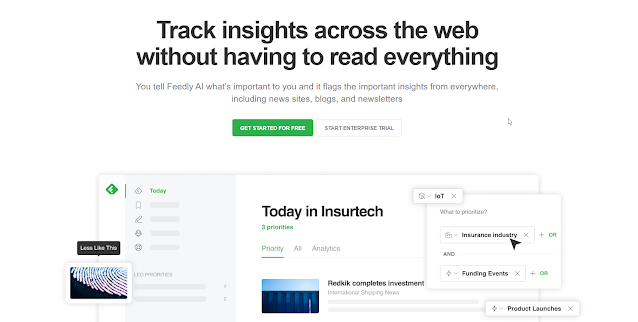How to Research on the Internet Era and Survive to Tell the Tale
After reading the last post you may be wondering "Okay, but then how do I know what I should believe? How do I know if my current perspective of the world is biased and in which ways?" Well, the answer is simple: critical thinking!
Fortunately for us, we live in an era where information is much more accessible to the average person. You don't need to be a wigged white man with a family tree that reaches back to William the Conqueror. This is not to say that privilege no longer exists, but we have ways of navigating the gatekeeping of information by the elite thanks to open-access journals and the divulgation of researchers through the internet.
Unfortunately for us, all that glitters is not gold. The Internet being accessible implies that everyone and anyone can share information, no matter how balloony their ideas are. This means that somehow, we need to filter this information because there's no way that we can read everything that is out there right? But in order to do this, we need to have some sort of system to 1) find out which sources are trustworthy and which come from a person with a tin foil hat and 2) keep ourselves updated with the endless stream of consciousness that is the news feeds.
Let's tackle number 1 first. A general rule of thumb is to trust scientific journals. This is not to say that these don't have their biases —after all, we all do— but at the very least articles have to undergo a peer review process before they get published. So that means someone else is already doing part of the filtering for you.
Now, number 2 is a bit trickier. Ironically, the very same source of this constant flow of information offers as some help in filtering it —like one of those cooking robots that clean themselves! The Internet has a bunch of resources that help us poor researchers filter information and be up to date with the new hits of scientific journalism. Let us see some of these tools!
Feedly.com allows you to track scientific journals and websites of your interest and creates a feed that you can check periodically so that you can find all the new articles that may concern your research without having to jump on a wild goose chase on the Internet. You can also classify the kind of information you get into folders. Down here you can see that I have one folder for general news and another one for scientific journals.






Comments
Post a Comment